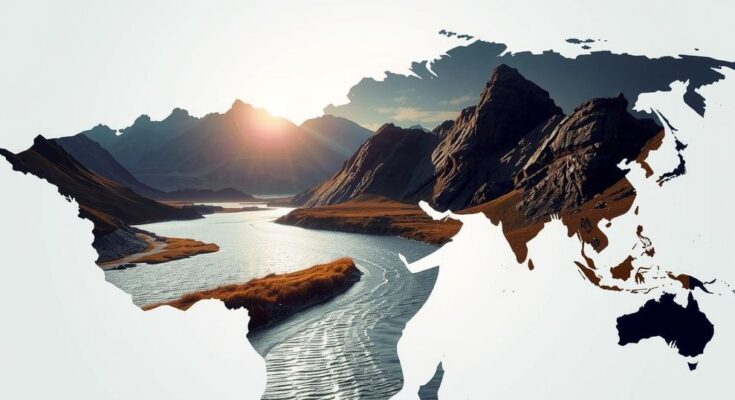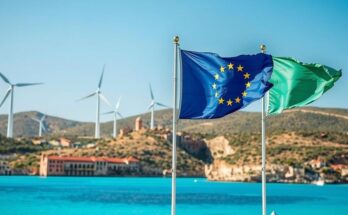Protests against President Paul Kagame surge in DR Congo as M23 rebels capture Goma amid accusations of Rwandan support. The UN attributes control to Rwandan troops who provide advanced weaponry and training. Kagame denies involvement while the M23 rebels’ resurgence highlights complex regional tensions stemming from historical conflicts. The unveiling of strategic military enhancements and collaboration points to the need for international mediation in ensuring regional stability.
In the Democratic Republic of Congo (DR Congo), protests erupt against Rwandan President Paul Kagame as M23 rebels seize control of Goma, a strategic city. Citizens accuse Rwanda of supporting M23, an allegation supported by UN experts stating that Rwandan forces control M23 operations, provide training, and supply advanced weaponry. Goma, rich in minerals, is critical for trade and humanitarian efforts, yet faces turmoil as fighting continues following a resurgence of hostilities in late 2021.
The current conflict in Goma is complicated by humanitarian concerns; the city has become a refuge for nearly two million displaced individuals. UN peacekeeping chief Jean-Pierre Lacroix confirmed that Rwandan troops are present supporting M23, making it evident that both sides are engaged in fierce battles, with many Congolese army soldiers even crossing into Rwanda after their surrender. Despite the evidence, President Kagame denies involvement with the rebels while his administration has shifted rhetoric towards justifying defensive measures in light of growing claims of Rwandan support.
Kagame’s historical context traces back to the 1994 Rwandan genocide, which led to the emergence of Hutu militia groups now operating in DR Congo, such as the FDLR. These groups pose perceived threats to Rwanda’s national security. Kagame has expressed frustrations towards Congolese President Félix Tshisekedi’s approach to dealing with these militia and the M23, arguing that the failure to address them has exacerbated the regional instability.
The M23, claiming to represent the interests of the minority Tutsi community, has been active since its early uprisings, seeking a return to power due to unfulfilled peace agreements. The significant presence of Rwandan forces, who reportedly train M23 recruits, underscores the group’s sustained military operations. Recent accusations suggest Uganda’s involvement as well, further complicating the dynamics of regional support for M23, which has already gained financial and military backing from Rwanda.
Reports from UN experts indicate a sophisticated training regimen for M23, with Rwandan officers present during drills and operations. The presence of Rwandan troops has been substantiated through various intelligence avenues, including photographic and video evidence. Furthermore, the fighting in Goma illustrates a shift in military operations; M23 now utilizes advanced weaponry normally unavailable to local armed groups, raising concerns about their growing capability.
Conflict determination may also reflect Kagame’s strategic ambitions over North Kivu, signaling the broader geopolitical stakes involved in the fight. Rwanda’s spokesperson dismissed claims concerning child soldiers within M23, emphasizing misleading narratives aimed at discrediting Rwanda. However, the ongoing situation remains a complex intersection of historical grievances, resource control, and national security issues that draw in multiple regional actors.
Rwanda’s military intervention in the Democratic Republic of Congo has deep historical roots stemming from the aftermath of the Rwandan genocide in 1994. The presence of Hutu militia groups, particularly the FDLR, and ongoing instability in eastern DRC has compelled Rwanda to act, justified under the guise of protecting national security. Understanding the multilayered dynamics of these conflicts requires contextual knowledge of Rwanda’s motivations, regional politics, and the insurgent actions of groups like M23.
The situation in Goma underscores a troubling trend of foreign military involvement in internal conflicts, with Rwanda’s alleged support for M23 raising significant concerns over regional stability. Increased military capability and intervention highlight the complex interplay of historical grievances, territorial ambitions, and the quest for control over lucrative resources in conflict-ridden areas. The ongoing violence, humanitarian crises, and geopolitical tensions necessitate robust international engagement to foster peace in the affected regions.
Original Source: www.bbc.co.uk




